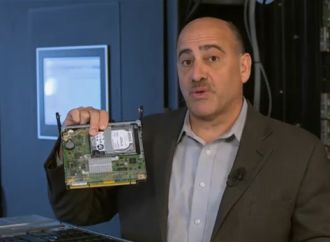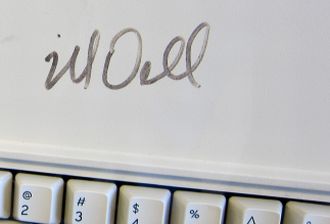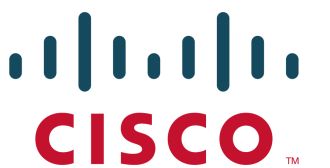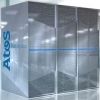 A complaint from Labour MP Helen Goodman, shadow minister for media and communications, looks like it will lead to an investigation from the UK’s National Audit Office about the “value-for-money” of the 4G auction.
A complaint from Labour MP Helen Goodman, shadow minister for media and communications, looks like it will lead to an investigation from the UK’s National Audit Office about the “value-for-money” of the 4G auction.
A letter seen by the Guardian from NAO’s auditor general Amyas Morse to Labour MP Helen Goodman confirmed that the Office intends to “conduct a value-for-money study of Ofcom’s recent auction of 4G spectrum”. The NAO is apparently getting the investigation ready, prompted by Goodman’s complaints, which raised Ofcom chief exec Ed Richards’ concerns that the Coalition hadn’t focused on maximising auction revenues.
Goodman told Morse that “by not making maximising the auction’s revenues an objective for Ofcom, the government has failed to get value for money on this project”.
The Treasury forecasted £3.5 billion from the auction, a small amount next to 200’s 3G auction which raised £22.5 billion.
Auction bidders themselves have stated the auction had been poorly designed – as Ofcom didn’t raise the amount the government was looking for, or make sure spectrum went to everybody who wanted it, an anonymous bidder told the Guardian.
The NAO will not be able to force another auction, however, a report will go to the Commons public accounts committee – which can grill chancellor George Osborne for a response.
However, Ofcom claimed the auction was a success which “will deliver the maximum benefit to UK citizens and consumers in line with Ofcom’s statutory duties”. The body insisted the auction will create satisfactory competition which will lead to further investment. “The auction was designed to promote competition and ensure coverage, rather than to raise money,” an Ofcom spokesperson said.

















